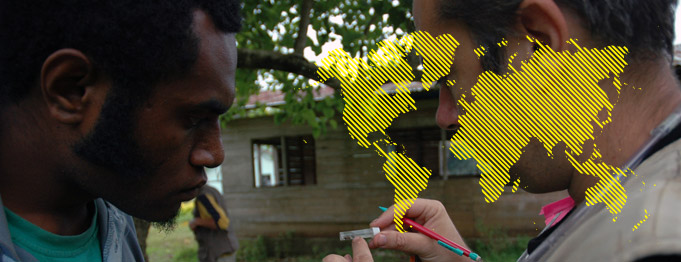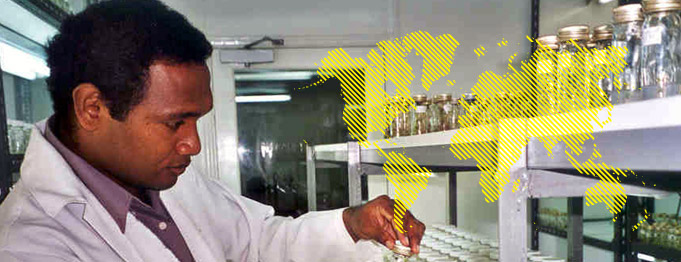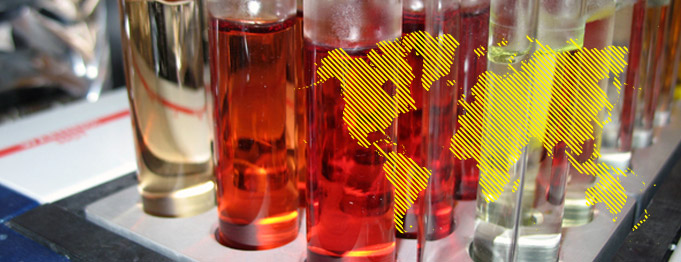Scientists make dengue fever breakthrough
HOPES that dengue fever may one day be eradicated have been raised by scientists who have discovered how to stop mosquitoes carrying the disease.
Groundbreaking experiments in Queensland have found a common insect bacteria - wMel Wolbachia - can dramatically reduce the presence of dengue fever in mosquitoes.
If the number of mosquitoes carrying dengue can be cut, far fewer people could end up with the disease, which infects about 50 million people worldwide each year.
In the past decade, there have been 2400 cases of dengue fever reported during 36 outbreaks in Australia, mainly in northern Queensland and the Torres Strait.
Lead researcher and dean of science at Melbourne's Monash University, Professor Scott O'Neill said while it was too early to say if the experiments heralded the end of dengue fever, it was a major step towards that goal.
"I think it's early days, but at the moment we are very hopeful," he said. "People are very tired of dengue fever and very fearful of it and really don't think there are good control measures available at the moment.
"(What the experiments have shown is that) this strain of Wolbachia when it is put into mosquitoes ... really reduces the ability of the (dengue) virus to grow in the mosquito and if it can't grow, then it can't get transmitted in people."
Dengue fever has become endemic in tropical regions, where it is spread by a specific type of mosquito that becomes infected after biting humans with the disease.
Infected mosquitoes then spread the disease by biting other humans, who develop severe flu-like symptoms.
Despite millions of people being infected with dengue each year, there is currently no way of stopping its rapid spread either by vaccines or controlling mosquito populations.
Australian scientists have taken on the challenge and begun trials to see if infecting the mosquito breed that spreads the disease, known as A.aegypti, with the Wolbachia bacteria can stop them developing and spreading dengue fever.
While Wolbachia is carried by about five million insect species, it is not naturally present in A.aegypti.
As a result, the scientists had to breed genetically modified A.aegypti mozzies in a laboratory at James Cook University in Cairns.
Armed with the bacteria, the laboratory mosquito colony was fed dengue-infected blood meal.
As they continued to breed in an enclosed replica of a Queensland backyard, the number of mozzies carrying the Wolbachia bacteria increased while those with dengue fell.
The experiments marked the first time scientists succeeded in transforming a wild insect population to stop their ability to transmit human diseases.
Buoyed by their success, the scientists in January released about 300,000 laboratory mosquitoes over 10 weeks in the northern Queensland towns of Yorkeys Knob and Gordonvale to see if they would breed with local wild A.aegypti.
Tests carried out five weeks after the release program stopped showed almost all of the local A.aegypti mozzies carried the protective Wolbachia bacteria.
"We expect these regions now to have a much reduced risk of dengue transmission within them," Prof O'Neill said.
The researchers plan to expand their study and carry out more tests in the Cairns region during this summer's wet season, when mozzie numbers soar.
They also want to take their research, published in the journal Nature today, to Thailand, Vietnam, Brazil and Indonesia where dengue fever is endemic.
Read more: http://www.news.com.au/breaking-news/scientists-make-dengue-fever-breakt...




























